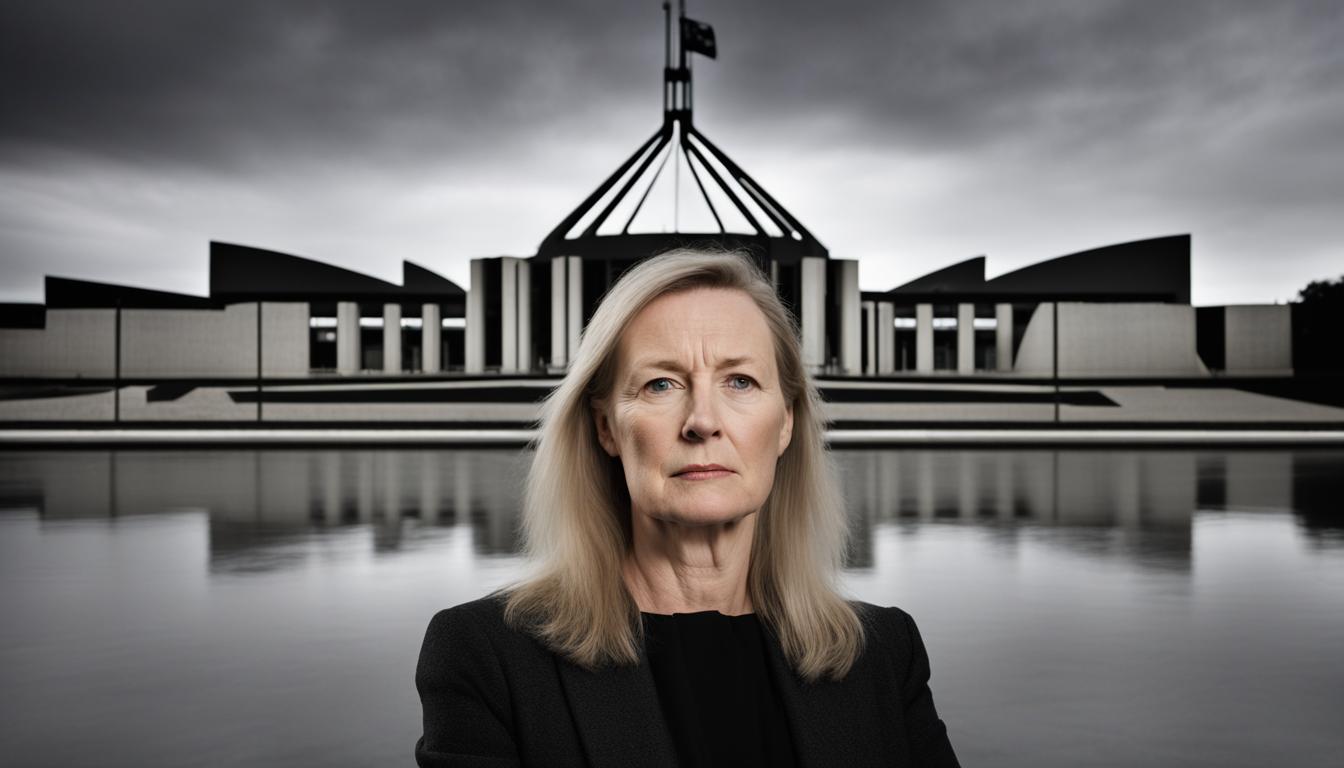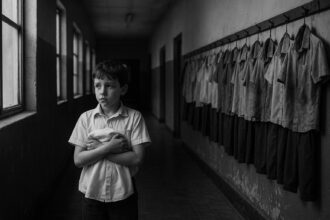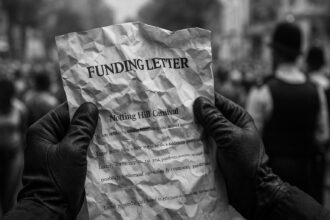Debate intensifies over the independence of the community protection board as opposing political figures question its autonomy in decision-making.
Clare O’Neil, a prominent figure in Australian politics, has recently contested Prime Minister Anthony Albanese’s description of the community protection board as “independent”. This board, formed by the Albanese government, advises on the release of detainees in the wake of the NZYQ ruling. Notably, the board recommended the removal of an ankle bracelet from detainee Majid Jamshidi Doukoshkan, subsequent to his arrest for an alleged assault in Perth.
This incident has sparked debate regarding the board’s decision-making autonomy. Although Albanese described the board’s actions as independent, O’Neil emphasised that the board is not an external body but is part of the government, comprising experts who influence detainee management decisions. She underscored the necessity of relying on expert advice to maintain decision integrity, citing the high court’s views on ministerial powers over individual punishment.
Further complicating matters, Shadow Home Affairs Minister James Paterson pointed out that the board’s role is advisory and the final decisions rest with the minister. This statement challenges the perceived authority of the board and raises questions about the practicalities of detainee release and monitoring processes under the current government’s framework.













